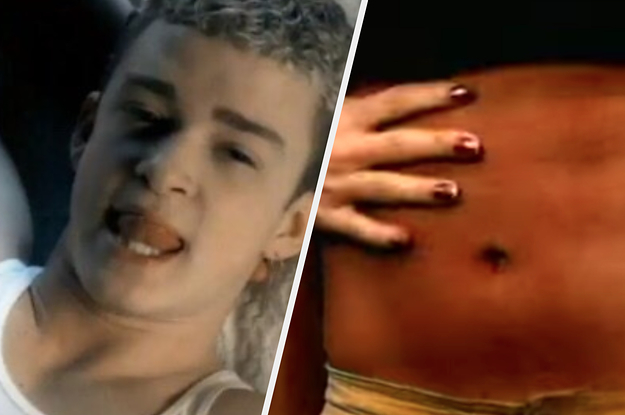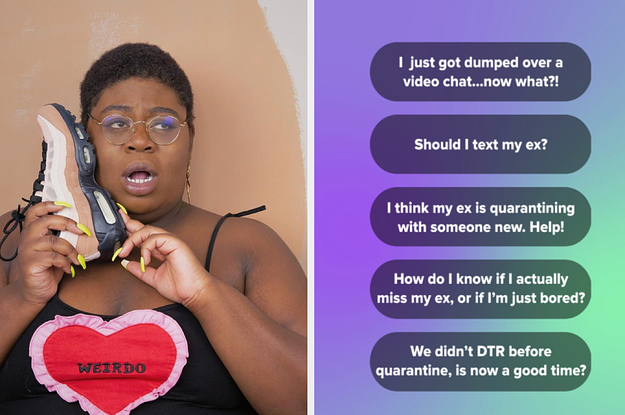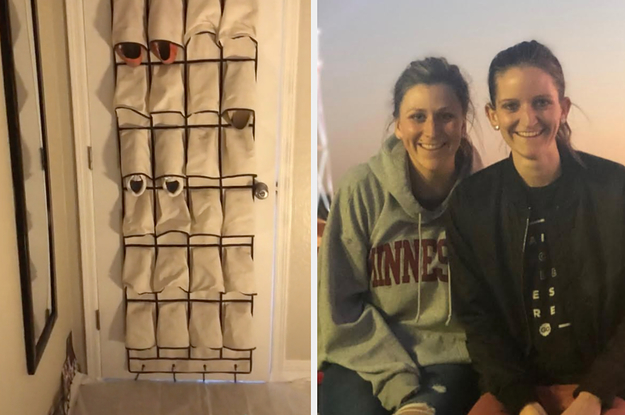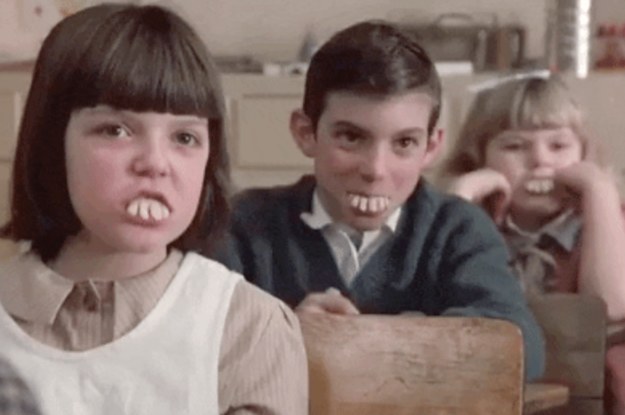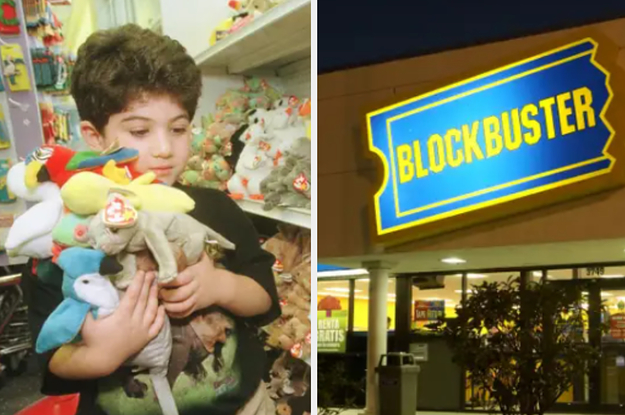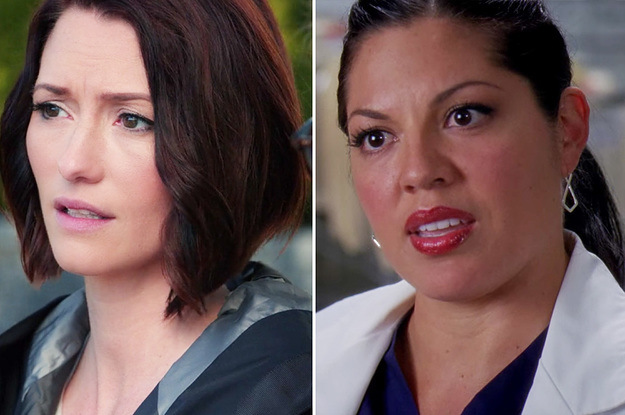Category: Worldwide
Category Added in a WPeMatico Campaign
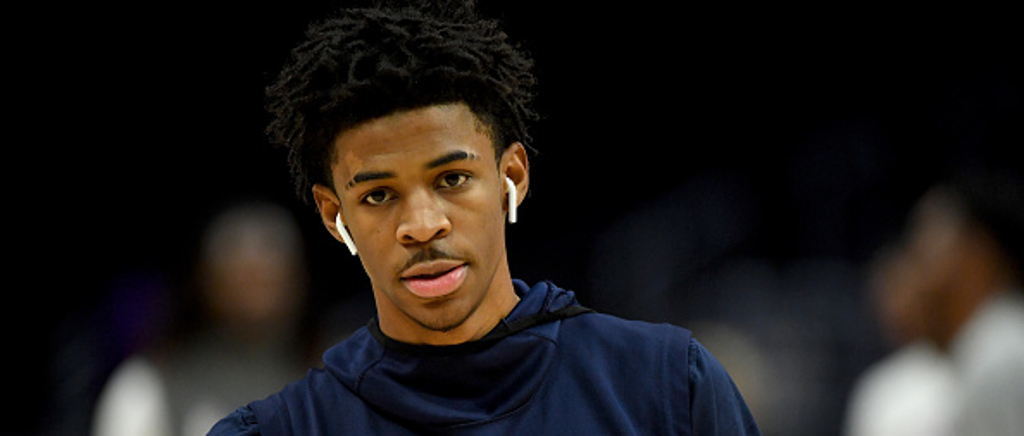
The recent protests across the United States haven’t just caused people to think critically about topics like systemic racism and police brutality. In many places, individuals have called on the rest of the country to consider the past by reigniting old conversations about the role of things of and related to the Confederate States of America.
While this has manifest itself in the world of sports via NASCAR banning the Confederate flag at races, numerous other Americans have done everything they can to remove monuments honoring the Confederacy and its leaders. One such person is Ja Morant, who wrote a letter to the mayor of Murray, Kentucky about a monument in the town that features Confederate general Robert E. Lee.
Former Murray State point guard and current Memphis Grizzlies star Ja Morant has weighed in on the Confederate statue in the downtown courtsquare of Murray, Ky. pic.twitter.com/77oaSfmcmq
— Edward Alan Marlowe (@dreamarlowe85) June 13, 2020
“As a young Black man, I cannot stress enough how disturbing and oppressive it is to know the city still honors a Confederate war general defending white supremacy and hatred,” Morant wrote in his letter. He also mentioned the current moment in the United States and how it is making it “necessary” for action to occur, saying “we can’t change the culture of racism unless we change the celebration of racism.”
Morant, the No. 2 pick of the 2019 NBA Draft by the Memphis Grizzlies, attended college in Murray as a member of the Murray State Racers. The monument in question has stood in the town since 1917.
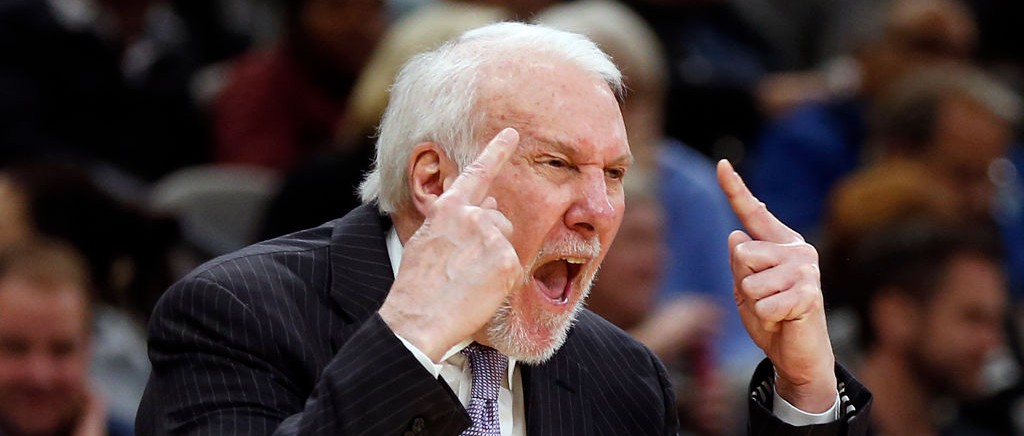
Gregg Popovich didn’t hold back when discussing NFL owners like Robert Kraft and Jerry Jones in relation to the current social climate and the Black Lives Matter movement. In an opinion piece by Maureen Dowd of the New York Times, Popovich sat down for a wide-ranging interview about race and sports.
The Spurs coach talked about how white coaches need to gain the trust of their Black players and understand that they come from different places and often see very different things. Popovich said he’s realized he’s a “privileged son of a bitch” in recent days when speaking with Spurs players and learning more about their reactions to the national conversation about race and police brutality.
But in recent calls with the Spurs’ players and staff he has been amazed at the level of hurt.
“It would bring you to tears,” he says, his voice cracking. “It’s even deeper than you thought, and that’s what really made me start to think: You’re a privileged son of a bitch and you still don’t get it as much as you think you do. You gotta work harder. You gotta be more aware. You gotta be pushed and embarrassed. You’ve gotta call it out.”
His most biting criticism was saved for Donald Trump, as it often is, but this time he also took aim at another sports league and its past stance on peaceful protests: the NFL. He called NFL owners hypocritical for how they handled Kaepernick’s protest initially and their reversal amid widespread protests against police brutality nationwide.
What does he think about the fact that seven N.F.L. owners, including Jerry Jones and Robert Kraft, each gave a million to Trump’s Inaugural Committee?
“It’s just hypocritical,” he replies. “It’s incongruent. It doesn’t make sense. People aren’t blind. Do you go to your staff and your players and talk about injustices and democracy and how to protest? I don’t get it. I think they put themselves in a position that’s untenable.”
He also criticized NFL commissioner Roger Goodell for how “he folded” to Donald Trump and “didn’t understand the difference between the flag and what makes the country great.” The whole piece is as critical a person in sports has been of the NFL, especially coming from someone so actively critical of the political and social structure at play in the United States.
[via The New York Times]

